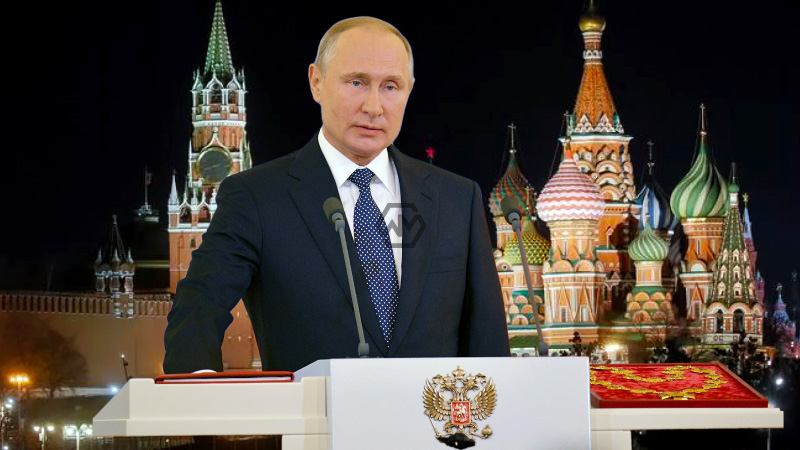- Russian elites face arrests, mysterious deaths, and asset seizures amid Ukraine war fallout.
- Formerly untouchable allies of Putin are now being targeted in sweeping purges.
- The Kremlin is nationalizing billions in assets, reflecting a shift toward authoritarian consolidation.
A growing sense of dread is spreading through Russia’s upper echelons as Vladimir Putin’s regime clamps down on both political allies and oligarchs.
The war in Ukraine has accelerated these internal purges, as the Kremlin seeks both political control and financial resources. Over $28 billion worth of assets have been seized from former elite strongholds, highlighting a desperate yet calculated move to fund military operations and eliminate dissent.
Russia’s Elite Under Siege: How Putin’s Power Play Is Turning Inward
The Kremlin’s silence over recent deaths has intensified speculation and fear. Roman Starovoit, a former transport minister with direct ties to Putin, died shortly after being dismissed—yet neither the president nor prime minister issued public condolences. This absence of acknowledgment is viewed by insiders as a warning to others: loyalty does not guarantee survival.
Analysts suggest this wave of purges serves multiple functions—rooting out corruption, redistributing wealth, and reinforcing Putin’s dominance. However, some believe it’s more about fear-based governance than state reform. The visible fear among bureaucrats may boost short-term obedience but risks paralyzing decision-making and policy continuity.
Internationally, these events cast doubt on the Kremlin’s internal stability. While Putin projects strength abroad, the crackdown on domestic allies reveals anxiety over potential dissent from within. Western intelligence agencies are reportedly watching closely, interpreting the deaths and detentions as signs of potential fissures in the Russian power structure.
Historical parallels with Stalin’s Great Purge are increasingly drawn, though today’s purges are more covert. No show trials dominate headlines, but the outcomes—disappearances, imprisonment, asset confiscation—achieve a similar psychological impact. A generation of Russia’s elite, once confident in their immunity, is now shrinking into self-preservation mode.
Russia’s ruling class is navigating uncharted waters as the lines of loyalty and power grow ever blurrier. In Putin’s new order, fear has become the currency of control.
“Power is not a means, it is an end.” – George Orwell, 1984



